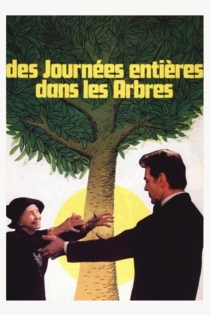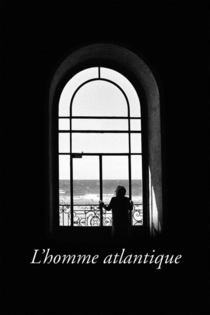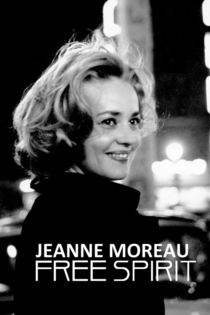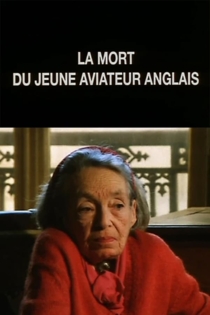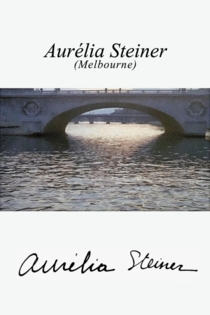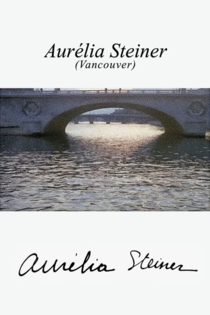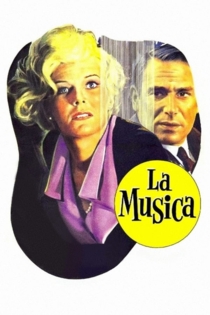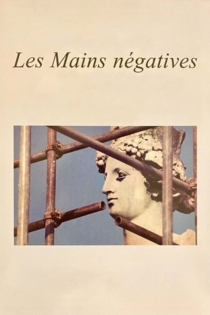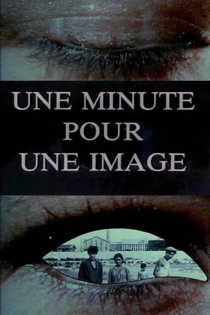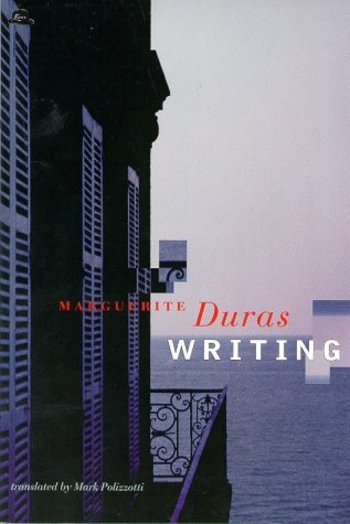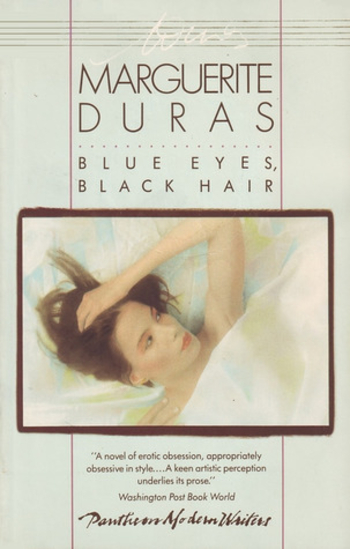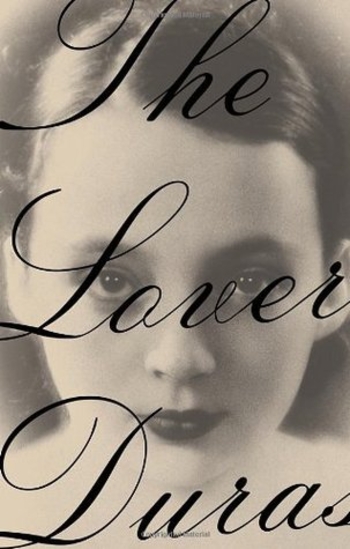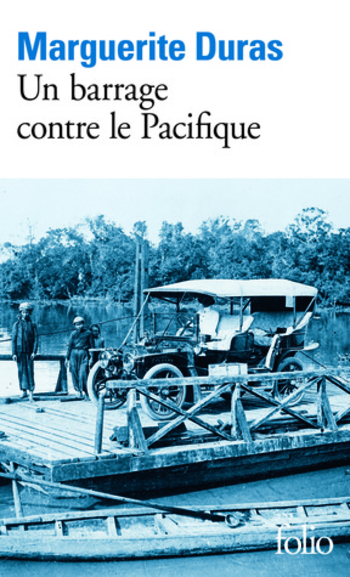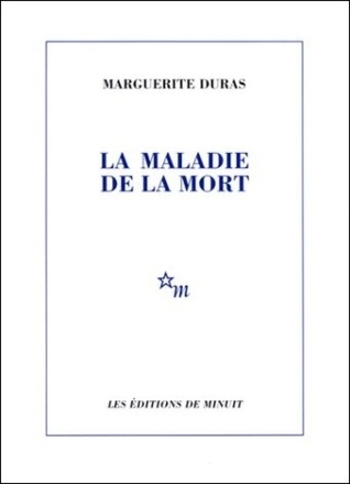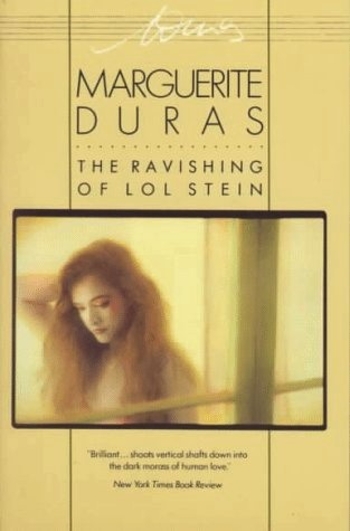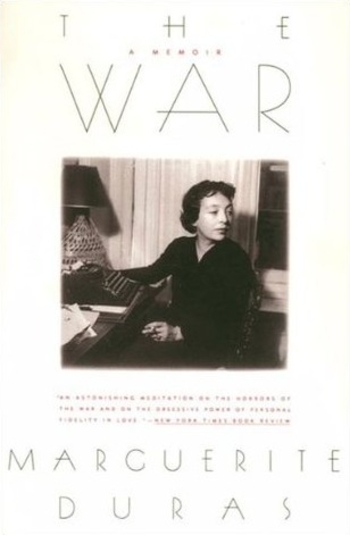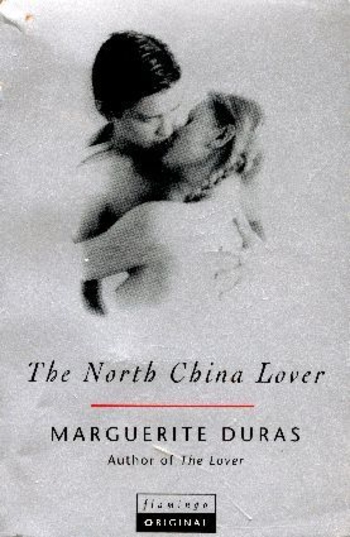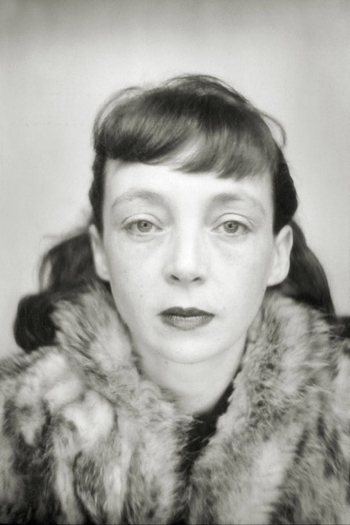
Marguerite Duras
1914 - 1996La Caverne noire
Jérôme Beaujour, Jean Mascolo
Marguerite Duras
In this interview with Dominique Noguez, Marguerite Duras talks successively about each of her four short films made in 1979: Césarée, Les Mains négatives, Aurélia Steiner (Melbourne), Aurélia Steiner (Vancouver). She touches briefly on the various subjects dealt with: the return to Césarée of Berenice, repudiated for reasons of state, Jewish wandering, the scandal of the camps in the two Aurelia Steiner. Negative Hands as the colonial data of humanity, a film offered to the blacks and Portuguese who clean up Paris before leaving the place. Marguerite Duras also comments, with excerpts, on the various traveling shots that make up the main plot of each of the short films. And the documentary ends with a few words of epilogue: a real pamphlet by Marguerite Duras against dreams, significantly entitled Work and Words.
Work and Words
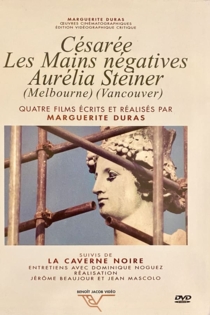
Marguerite Duras: Worn Out with Desire . . . to Write
Alan Benson, Daniel Wiles
Marguerite Duras
She was the sort of woman who spared neither herself nor others—and arguably qualifies as 20th-century France’s greatest femme de lettres. In this interview, the late novelist and filmmaker talks openly about the hardship and the romance of her childhood in French Indochina, sharing how this period haunted her life and shaped her work. Excerpts from her films and readings from her books by actress Elizabeth Rider and Duras herself—including The Lover, winner of the Prix Goncourt and translated into more than forty languages—bring to life those formative years in Vietnam.
Marguerite Duras: Worn Out with Desire . . . to Write
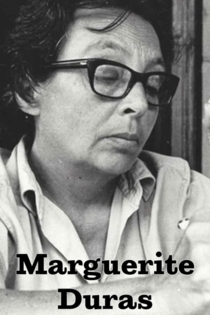
Les lieux de Marguerite Duras
Michelle Porte
Marguerite Duras
Her whole childhood, Marguerite Duras spent her time moving. Her house in Neauphle-le-Château is the one she has lived in the most, and the one she says: “All the women in my books have lived in this house. All ... ” Duras tells about her house and her garden closely linked to his work, remembers the forest of her childhood and evokes her fear of music.
The Places of Marguerite Duras
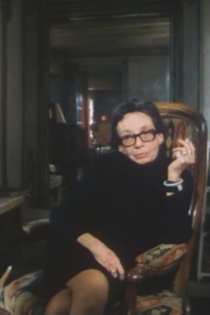
Son nom de Venise dans Calcutta désert
Marguerite Duras
Delphine Seyrig, Michael Lonsdale
The full soundtrack to Marguerite Duras' 1975 film India Song, about a French ambassador's wife in 1930s India, is here repurposed with all new cinematography. As we hear all the dialogue of a bygone movie, we travel visually through images of absence and decay, bereft of life. It's the ghost of a film, and a further commentary on colonialism.
Son nom de Venise dans Calcutta désert
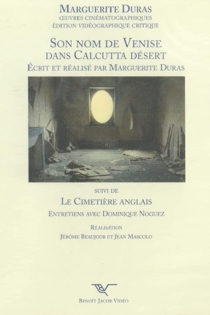
Écrire
Benoît Jacquot
Marguerite Duras
When Duras saw 'La mort du jeune aviateur anglais', she told Benoît Jacquot that the film was about him, not her. "She treated me like a thief. So I offered to make another film, where she could say whatever she wanted about her life as a writer. That’s how we did Écrire. I brought the same film crew. We went to her house at Neauphle-le-Château and we set up in the room she called 'the music room,' where there was a piano and you could listen to records. She settled in and for two days of non-stop filming, she talked."
Écrire
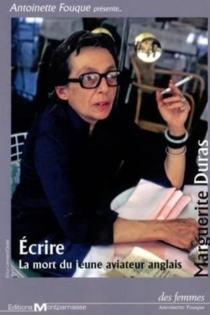
Delphine and Carole
Callisto McNulty
Delphine Seyrig, Carole Roussopoulos
In the 70s, actress Delphine Seyrig and director Carole Roussopoulos, both militant feminists, were the pioneers of video activism in France. They documented the demonstrations of French feminists and used the new technologies to counter the poor representation of women in the public media.
Delphine and Carole
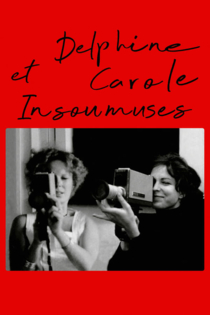
L'affaire Matzneff
François Coquet
Gabriel Matzneff, Vanessa Springora
About the Gabriel Matzneff affair and pedophilia in French culture and society from the 1950s to the present day. "It was not very difficult to know who Matzneff was at the time." Vanessa Springora denounces thus, in an interview with the Parisian , the support which benefited the writer Gabriel Matzneff , in the years 1970 and 1980. The author fifties then maintains an affair with the young girl, aged 14 years. A relationship under control that the editor tells in Le Consentement (éd. Grasset), published Thursday. "After having analyzed the work " , the Paris public prosecutor's office announced Friday January 3 the opening of an investigation for "rapes committed on the person of a minor of 15 years".
L'affaire Matzneff

Des journées entières dans les arbres
Marguerite Duras
Madeleine Renaud, Bulle Ogier
An old lady returns from Africa where she made a fortune to find her son in Paris, whom she has not seen in five years, with the intention of bringing him back with her. But this project fails.
Entire Days in the Trees
